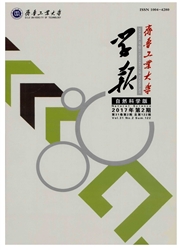

 中文摘要:
中文摘要:
基因测序技术在分子生物学和基础医学领域应用广泛,已经从第一代发展到第四代:第一代测序技术测序精确,是常用的单基因病诊断技术,但通量较低,成本高;第二代测序技术测序通量提高,在临床上发挥重要作用;第三代测序技术在测序通量、时间和成本方面都有极大改善;第四代测序技术还在实验阶段。本文主要介绍了第一代、第二代和第三代测序技术的优缺点和在生物医学领域的应用,第四代测序技术的研究进展。
 英文摘要:
英文摘要:
Gene sequencing technology, which is widely used in the field of molecular biology and basic medicine, has developed from the first to the fourth generation:the first generation sequencing technology,which is common in the monogenic disease,is accurate.But it' s slow and costly; the second generation sequencing technology is rapid and plays an important role in the clinical; the third-generation sequencing technology becomes more rapid and economic; the fourth sequencing technology is still experimental.This paper describes the advantages and disadvantages of the first, second and the third generation sequencing technologies and biomedical applications, as well as the progress of fourth- generation sequencing technology.
 同期刊论文项目
同期刊论文项目
 同项目期刊论文
同项目期刊论文
 期刊信息
期刊信息
